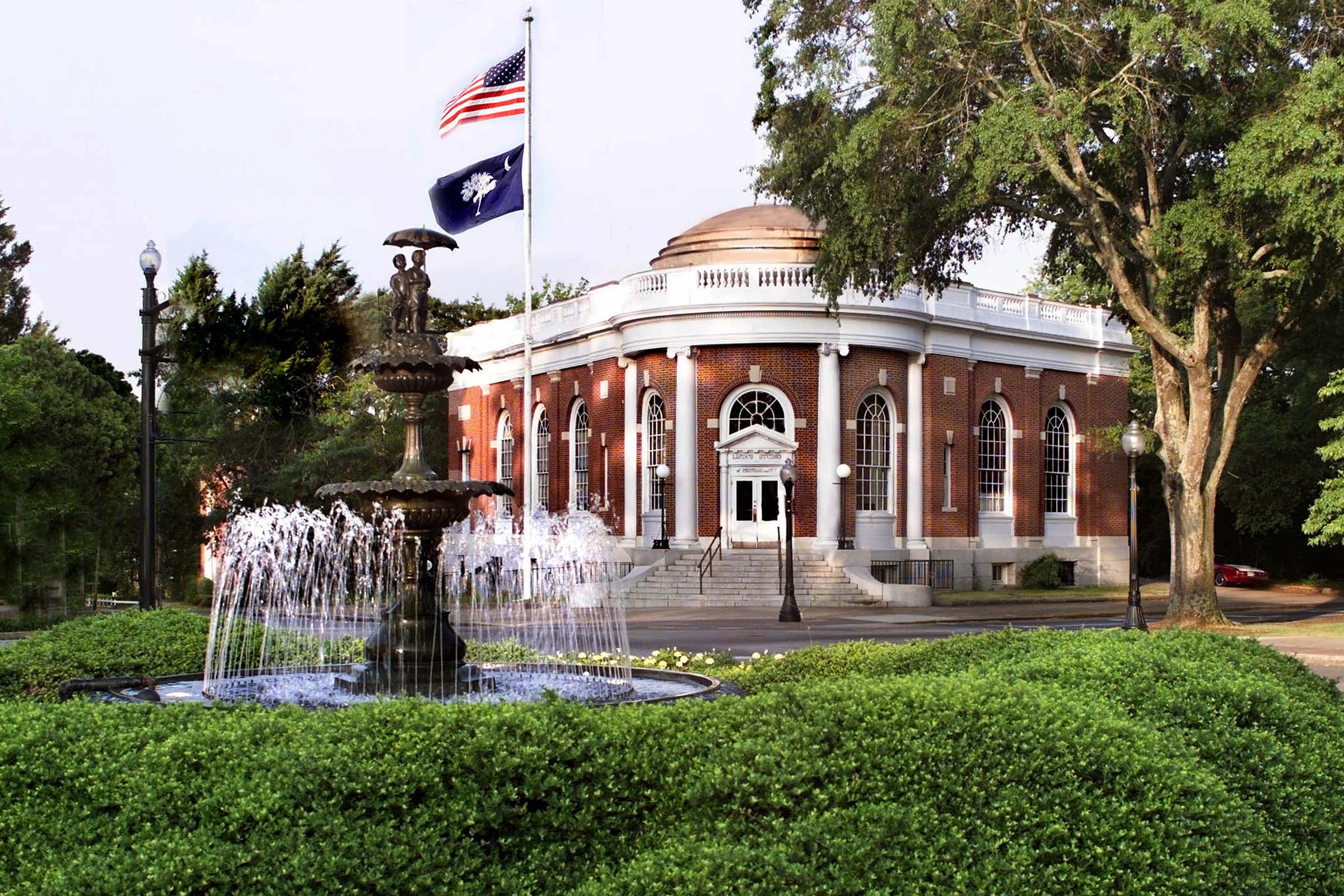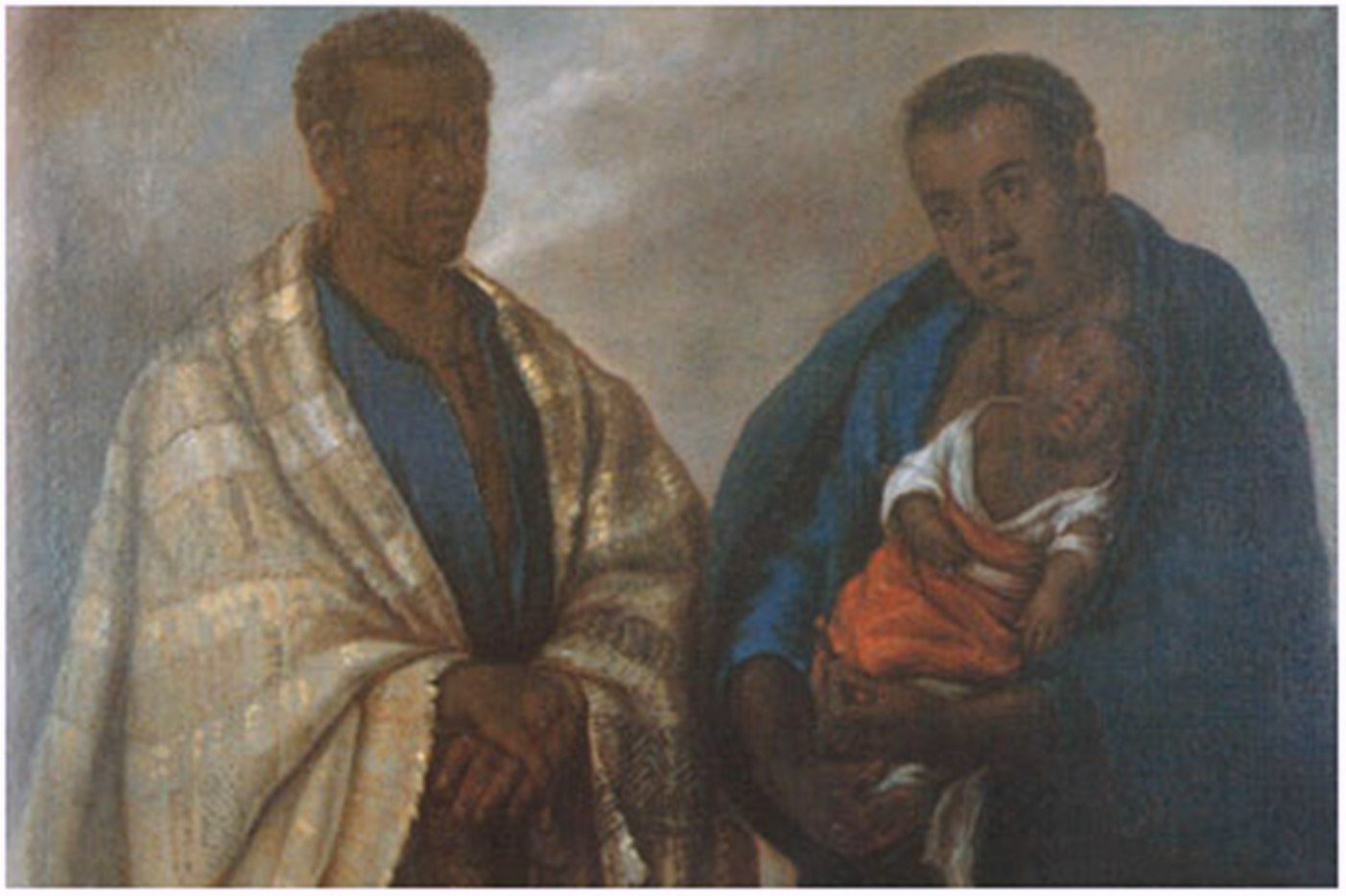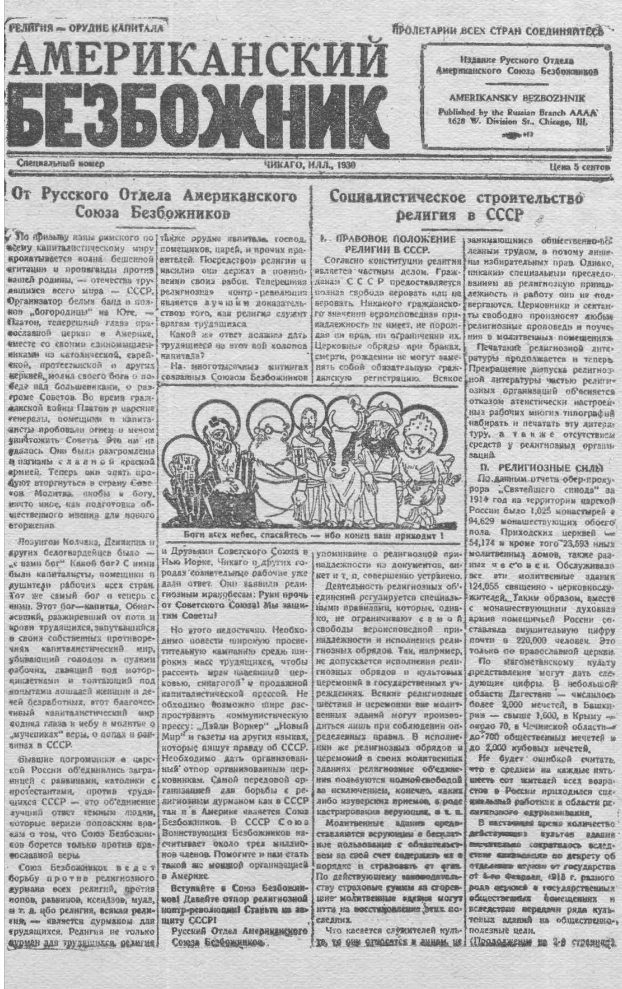|
John G. Jackson (writer)
__NOTOC__ John Glover Jackson (April 1, 1907 – October 13, 1993) was an American Pan-Africanist historian, lecturer, teacher and writer. He promoted ideas of Afrocentrism, atheism, and Jesus Christ in comparative mythology. Early life and education Jackson was born in Aiken, South Carolina, on April 1, 1907, and raised Methodist. At the age of 15 he moved to Harlem, New York, where he enrolled in Stuyvesant High School. During this time, he became interested in African-American history and culture and began writing essays on the subject. His work was noticed and in 1925, while still a high school student, Jackson was invited to write for Marcus Garvey's newspaper, ''Negro World''. Career From 1930 onwards, Jackson became associated with a number of Pan-African historians, activists and writers, including Hubert Harrison, Arturo Alfonso Schomburg, John Henrik Clarke, Willis Nathaniel Huggins, Joel Augustus Rogers, and Marcus Garvey. He also authored a number of books on A ... [...More Info...] [...Related Items...] OR: [Wikipedia] [Google] [Baidu] |
Aiken, South Carolina
Aiken is the largest city in, and the county seat of, Aiken County, in western South Carolina. It is one of the two largest cities of the Central Savannah River Area. Founded in 1835, Aiken was named after William Aiken, the president of the South Carolina Railroad. It became part of Aiken County when the county was formed in 1871 from parts of Orangeburg, Lexington, Edgefield, and Barnwell counties. Aiken is home to the University of South Carolina Aiken. According to 2020 census, the population was 32,025. The National Civic League gave Aiken the All-America City Award in 1997. Aiken was also named "best small town of the South" by Southern Living. Geography and climate Aiken is near the center of Aiken County. It is northeast of Augusta, Georgia, along U.S. Route 1 and 78. Interstate 20 passes to the north of the city, with access via South Carolina Highway 19 (Exit 18) and US 1 (Exit 22). According to the United States Census Bureau, the city has an area of , of which ... [...More Info...] [...Related Items...] OR: [Wikipedia] [Google] [Baidu] |
Atheist
Atheism, in the broadest sense, is an absence of belief in the existence of deities. Less broadly, atheism is a rejection of the belief that any deities exist. In an even narrower sense, atheism is specifically the position that there no deities. Atheism is contrasted with theism, which in its most general form is the belief that at least one deity exists. The first individuals to identify themselves as atheists lived in the 18th century during the Age of Enlightenment. The French Revolution, noted for its "unprecedented atheism", witnessed the first significant political movement in history to advocate for the supremacy of human reason.Extract of page 22 In 1967, Albania declared itself the first official atheist cou ... [...More Info...] [...Related Items...] OR: [Wikipedia] [Google] [Baidu] |
Chancellor Williams
Chancellor Williams (December 22, 1893 – December 7, 1992) was an American sociologist, historian and writer. He is noted for his work on African civilizations prior to encounters with Europeans; his major work is ''The Destruction of Black Civilization'' (1971/1974). Williams remains a key figure in the Afrocentrist discourse. Early life, migration, and education Williams was born on December 22, 1893, in Bennettsville, South Carolina, as the last of five children. His father had been born into slavery and had grown up to gain freedom and voting after the American Civil War. His mother Dorothy Ann Williams worked as a cook, nurse, and evangelist. The family suffered after Democrats regained power in the state legislature in the late 19th century and passed bills disfranchising black citizens, as well as imposing racial segregation and white supremacy under Jim Crow. Williams' innate curiosity about racial inequality and cultural struggles, particularly those of African Am ... [...More Info...] [...Related Items...] OR: [Wikipedia] [Google] [Baidu] |
Yosef Ben-Jochannan
Yosef Alfredo Antonio Ben-Jochannan (; December 31, 1918 – March 19, 2015), referred to by his admirers as "Dr. Ben", was an American writer and historian. He was considered to be one of the more prominent Afrocentricism, Afrocentric scholars by some Black Nationalism, Black Nationalists, while most mainstream scholars, such as Mary Lefkowitz,''History Lesson'', pp. 67–69. dismissed him because of the basic historical inaccuracies in his work, as well as disputes about the authenticity of his educational degrees and academic credentials.Gabriel Haslip-Viera, ''Taíno revival: critical perspectives on Puerto Rican identity and cultural politics'', (Markus Wiener Publishers: 2001), p. 14. Early life and education Ben-Jochannan stated that he was born in Ethiopia to a History of the Jews in Puerto Rico, Puerto Rican Jewish mother and an Beta Israel, Ethiopian Jewish father. Other sources say that he "was probably Puerto Rican but claimed to be of Ethiopian Jewish extraction." A ... [...More Info...] [...Related Items...] OR: [Wikipedia] [Google] [Baidu] |
African Diaspora
The African diaspora is the worldwide collection of communities descended from native Africans or people from Africa, predominantly in the Americas. The term most commonly refers to the descendants of the West and Central Africans who were enslaved and shipped to the Americas via the Atlantic slave trade between the 16th and 19th centuries, with their largest populations in the United States, Brazil and Haiti. However, the term can also be used to refer to the descendants of North Africans who immigrated to other parts of the world. Some scholars identify "four circulatory phases" of this migration out of Africa. The phrase ''African diaspora'' gradually entered common usage at the turn of the 21st century. The term ''diaspora'' originates from the Greek (''diaspora'', literally "scattering") which gained popularity in English in reference to the Jewish diaspora before being more broadly applied to other populations. Less commonly, the term has been used in scholarship to r ... [...More Info...] [...Related Items...] OR: [Wikipedia] [Google] [Baidu] |
Kersey Graves
Kersey Graves (November 21, 1813 – September 4, 1883) was a skeptic, atheist, rationalist, spiritualist, reformist writer, who was popular on the American freethought circuit of the late 19th century. Life Graves was born in Brownsville, Pennsylvania. His parents were Quakers, and as a young man he followed them in their observance, later moving to the Hicksite wing of Quakerism. According to one source, Graves did not attend school for more than three or four months in his life, but another source says that he received an "academical education", and at the age of 19 was teaching in a school at Richmond, a career he was to follow for more than twenty years. He was an advocate of Abolitionism, also interested in language reform, and became involved with a number of radical freethinkers within Quakerism. In August 1844, he joined a group of about fifty utopian settlers in Wayne County, Indiana. In the same month, he was disowned by his Quaker meeting group due to his neglect o ... [...More Info...] [...Related Items...] OR: [Wikipedia] [Google] [Baidu] |
Black Nationalism
Black nationalism is a type of racial nationalism or pan-nationalism which espouses the belief that black people are a race, and which seeks to develop and maintain a black racial and national identity. Black nationalist activism revolves around the social, political, and economic empowerment of black communities and people, especially to resist their assimilation into white culture (through integration or otherwise), and maintain a distinct black identity. Black nationalists often promote black separatism, which posits that black people should form territorially separate nation-states. Without achieving this goal, some black separatists employ a "nation within a nation" approach, advocating for various degrees of localized separation. Pan-African black nationalists variously advocate for continental African unity (aiming to eventually transition away from racial nationalism) or cultural unity among the African diaspora, which entails either a return to Africa or a sustaine ... [...More Info...] [...Related Items...] OR: [Wikipedia] [Google] [Baidu] |
Pan-Africanism
Pan-Africanism is a worldwide movement that aims to encourage and strengthen bonds of solidarity between all Indigenous and diaspora peoples of African ancestry. Based on a common goal dating back to the Atlantic slave trade, the movement extends beyond continental Africans with a substantial support base among the African diaspora in the Americas and Europe. Pan-Africanism can be said to have its origins in the struggles of the African people against enslavement and colonization and this struggle may be traced back to the first resistance on slave ships—rebellions and suicides—through the constant plantation and colonial uprisings and the "Back to Africa" movements of the 19th century. Based on the belief that unity is vital to economic, social, and political progress and aims to "unify and uplift" people of African ancestry. At its core, pan-Africanism is a belief that "African people, both on the continent and in the diaspora, share not merely a common history, but a c ... [...More Info...] [...Related Items...] OR: [Wikipedia] [Google] [Baidu] |
Edward Wilmot Blyden
Edward Wilmot Blyden (3 August 1832 – 7 February 1912) was a Liberian educator, writer, diplomat, and politician who was primarily active in West Africa. Born in the Danish West Indies, he joined the waves of black immigrants from the Americas who migrated to the country. Blyden became a teacher for five years in the British West African colony of Sierra Leone in the early twentieth century. His writings on pan-Africanism became influential throughout West Africa, attracting attention in countries such as the United States as well. He believed that Zionism was a model for what he termed Ethiopianism, and that African Americans could return to Africa and help in the rebuilding of the continent. Blyden was recognised in his youth for his talents and drive; he was educated and mentored by John Knox, an American Protestant minister in Sankt Thomas who encouraged him to continue his education in the United States. In 1850 Blyden was refused admission to three Northern theo ... [...More Info...] [...Related Items...] OR: [Wikipedia] [Google] [Baidu] |
American Association For The Advancement Of Atheism
The American Association for the Advancement of Atheism (AAAA – 4A) was an atheistic and antireligious organization established in 1925. It was founded by Charles Lee Smith, and the organization's "only creedal requirement was a formal profession of atheism". Activities The Special Committee on Un-American Activities (1938-1944) wrote that "The American Association for the Advancement of Atheism is attempting to abrogate nil laws enforcing Christian morals; to stop 'bootlegging of religion in public schools'; to stop 'issuance of religious proclamations by Government officials,' such as Thanksgiving, etc.; to tax ecclesiastical property; to repeal Sunday ( blue law) legislation; to tax and nationalize church property." The Junior Atheist League was founded in 1927, and enrolled students from the age of seven to seventeen. Elizabeth Dilling in ''The Red Network'' wrote that "Blamegiving Day has been officially established by the Association as a day of protest against Than ... [...More Info...] [...Related Items...] OR: [Wikipedia] [Google] [Baidu] |
Agnostic Atheism
Agnostic atheism is a philosophical position that encompasses both atheism and agnosticism. Agnostic atheists are atheistic because they do not hold a belief in the existence of any deity, and are agnostic because they claim that the existence of a demiurgic entity or entities is either unknowable in principle or currently unknown in fact. The agnostic atheist may be contrasted with the agnostic theist, who believes that one or more deities exist but claims that the existence or nonexistence of such is unknown or cannot be known. History One of the earliest definitions of agnostic atheism is that of theologian and philosopher Robert Flint, in his Croall Lecture of 1887–1888 (published in 1903 under the title ''Agnosticism''). The atheist may however be, and not unfrequently is, an agnostic. There is an agnostic atheism or atheistic agnosticism, and the combination of atheism with agnosticism which may be so named is not an uncommon one. If a man has failed to find an ... [...More Info...] [...Related Items...] OR: [Wikipedia] [Google] [Baidu] |



.jpg)
